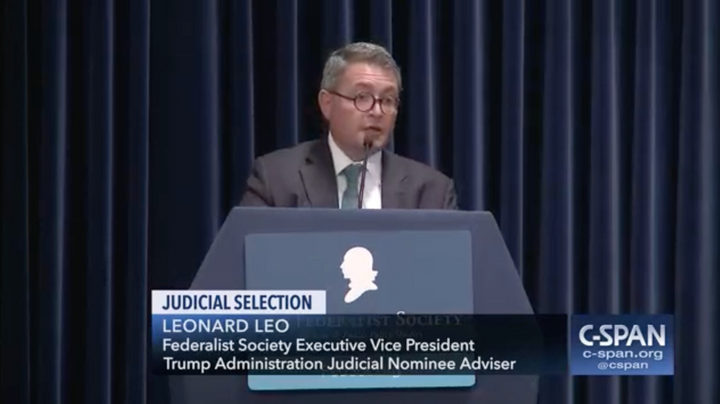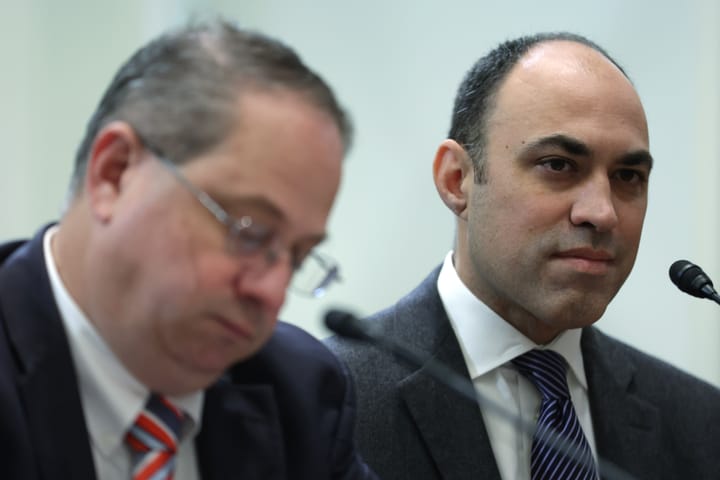85 Fund
Leonard Leo-Tied Group Pushing Radical Election Theory Got $66 Million Recently From 'Dark Money' Hub

Summary
The Honest Elections Project helped catapult an extreme legal theory on elections to the Supreme Court.
Keep reading with a free trial
Unlock this article and get unlimited access to Sludge with a 14-day free trial. No commitment — cancel any time.
14-day free trial
Already have an account? Sign in

